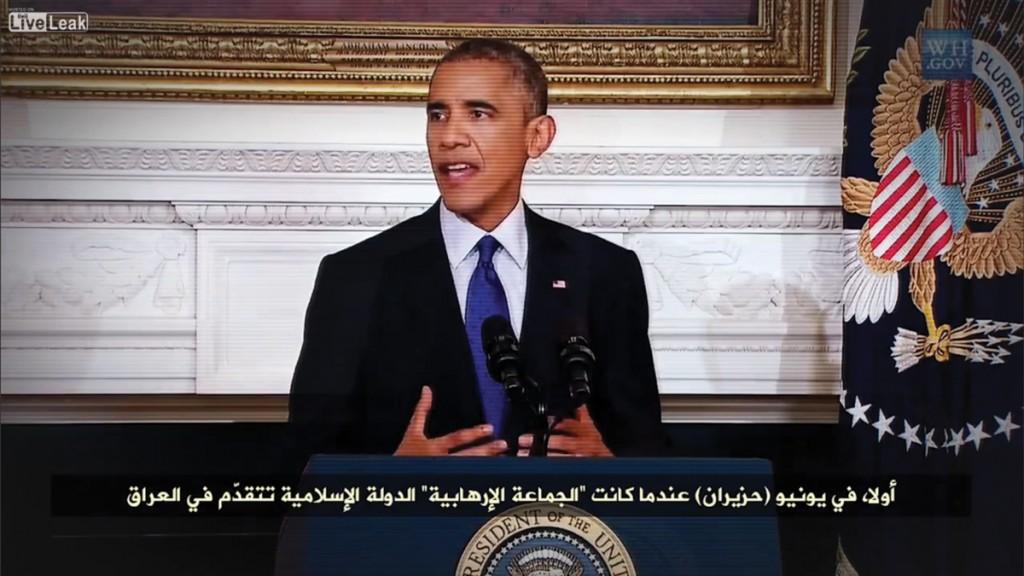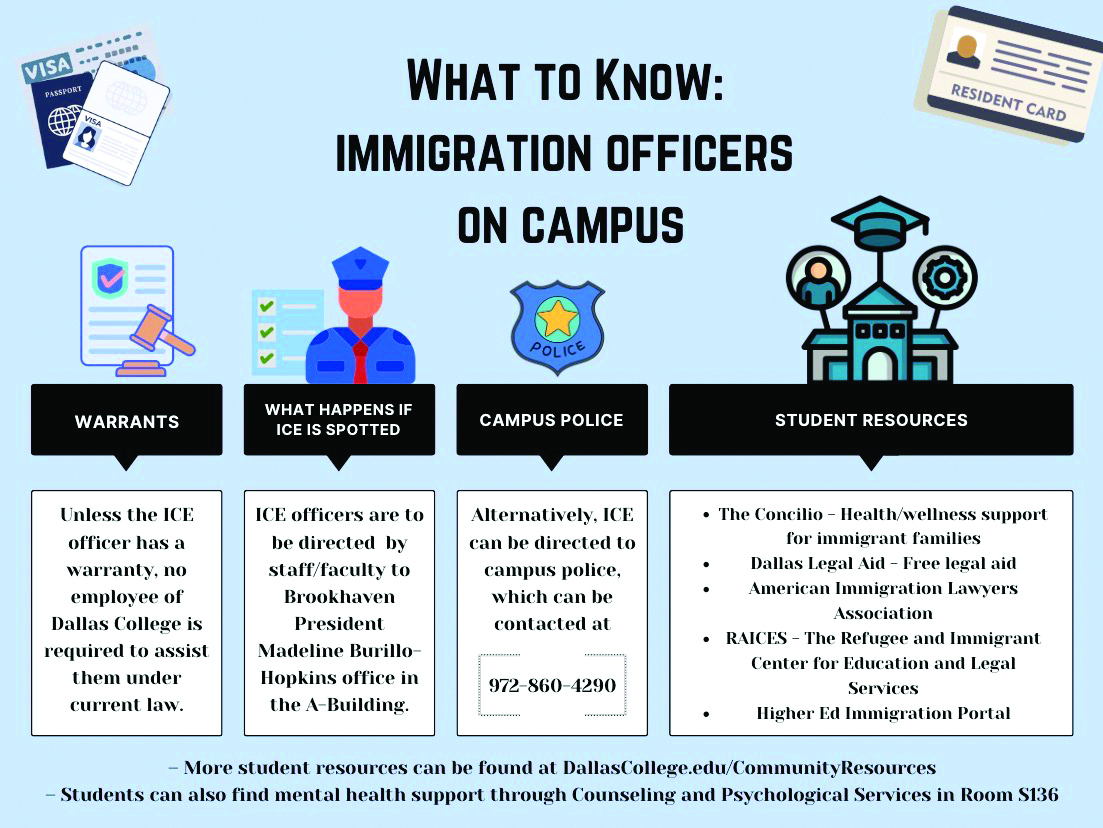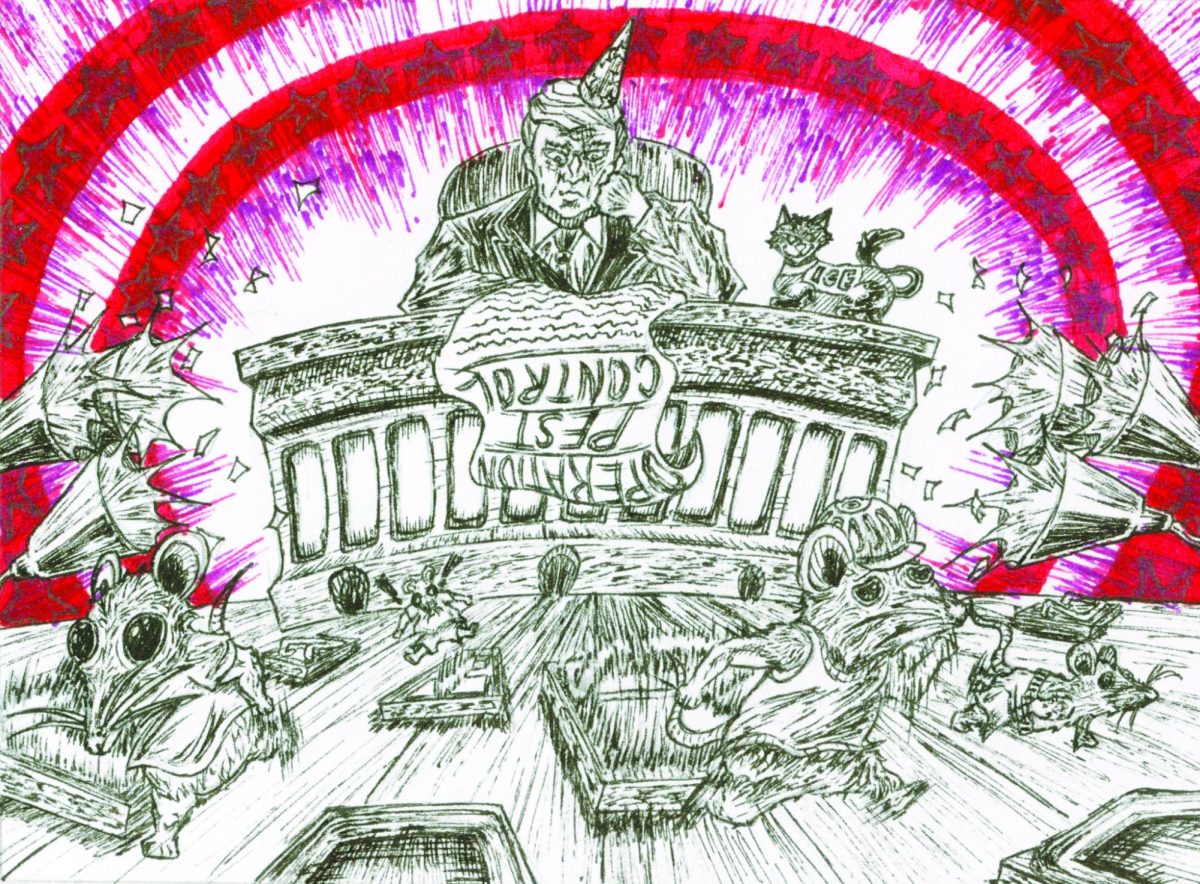By Nicholas Bostick
Editor-In-Chief

After the tragic events of Sept. 11, the United States has waged a near-constant war against terrorist organizations in the Middle East. Now, 13 years later, a new enemy has emerged in the so-called “War on Terror.” In a speech held Sept. 10, President Barack Obama seems poised to face this new challenge head-on.
“Our objective is clear: We will degrade, and ultimately destroy, ISIL through a comprehensive and sustained counter-terrorism strategy,” Obama said during his speech. “Moreover, I have made it clear that we will hunt down terrorists who threaten our country, wherever they are. That means I will not hesitate to take action against ISIL in Syria, as well as Iraq. This is a core principle of my presidency: If you threaten America, you will find no safe haven.”
The Islamic State group or ISG (otherwise known as ISIS or ISIL) has already taken control of several key cities in Iraq and Syria including Mosul, a key intersection of routes leading to Turkey and Syria from Iraq, as well as the Iraqi city of Fallujah, according to a map published by the New York Times. The total area controlled by ISG extends from the Syrian-Turkish border to the area around Fallujah, approximately 44 miles away from the Iraqi capital of Baghdad.
Currently operating out of the Syrian city of Raqqa, ISG took advantage of the destabilization caused by the Syrian civil war, which began in 2011. At that time Brookhaven economics student, Nour (last name witheld by his request, out of respect for his safety abroad) was living in a small city outside of the Syrian capital of Damascus.
“I miss family; I don’t miss home at all,” Nour said. “The country is just – not a country. It’s a very bad place.” Nour’s family left Syria after his mother’s request for American citizenship was granted, 22 years after her father originally filed the required documents. Violence in Syria has claimed close to 200,000 people, including more than 8,000 children, according to a CNN article from May 2014. These figures include members of Nour’s family.
“My aunt, she passed away about three and a half years ago; she had four daughters,” Nour said. “[Syrian government forces] came into her house. They raped all four of them, cut their heads off in front of her. She had a heart attack and passed away. This is just one of many stories.”
Despite initial clashes between rebel Syrians and government forces, in-fighting between moderate and radical rebel factions has divided the opposition of Syrian President Bashar al-Assad, according to an article written by Zach Beauchamp for vox.com. The threat represented by ISG has effectively drawn attention away from al-Assad, despite having turned over 11 percent of Syria’s chemical weapons stockpiles by the Feb. 5 deadline to turn over all chemical weapons, according to CNN.
“Honestly, I loved the way it was before anything happened,” Nour said. “We were living a normal life. It was a very simple life, like here basically.”
Explaining the threat
“You can think of these guys as a mafia … let’s bring it closer to home, a narco-terror type organization,” Brookhaven government professor Ahad Hayaud-Din said. “MS-13 will chop your arm off with a machete if you won’t join. These guys will do something worse to you.”
The brutality of ISG has been demonstrated by the ritual beheadings of American journalists James Foley and Steven Sotloff as well as the apparent beheading of British aid worker David Haines. In the videos depicting Foley and Sotloff’s deaths, ISG blames the targeting of civilians on America’s current air offensive against insurgents.
President Obama’s speech promised an expanded aerial campaign against ISG, as well as increased American involvement in rallying other Middle Eastern countries as a united front.
ISG began its rise to power after the death of Abu Musab al- Zarqawi, who became the leader of the al-Qaeda affiliate in Iraq in 2004, according to an article written by Bobby Ghosh for The Atlantic. Under the leadership of al- Baghdadi, the burgeoning extremist group funded suicide bombings and assassinations in the region through strong-arm tactics such as extortion and bank robberies, according to an article written by Tim Lister for CNN.
In June 2006, American forces killed al-Zarqawi. With the help of moderate tribal leaders, the al-Qaeda force in Iraq was nearly eradicated, according to Lister’s article. The remnants of the organization re-branded themselves as the Islamic State in Iraq soon after. In the face of systematic exclusion of Sunnis by the government under former Iraqi Prime Minister Nouri al-Maliki, the group capitalized on Sunni dissent to bolster its ranks.
For example, one factor that contributed to the growth of the ISG during this period was the disbanding of militia groups such as The Sons of Iraq, which assisted American forces during the Iraq War, according to Ghosh’s article for The Atlantic. These groups were largely made up of Sunni volunteers who had formerly served in the Iraqi military before its dissolution by President George W. Bush in 2003.
“The Bush administration disbanded the Iraqi military after the fall of Saddam [Hussein], and those officers are unaccounted for,” Hayaud-Din said. “Those guys became the rebels against the Assad regime, and they became a bunch of different rival factions that started fighting amongst themselves, and then they became [ISG].”
Ultimately, ISG’s goal is to establish a new Islamic state funded on a Wahhabist interpretation of Islamic religious law, Hayaud-Din said. Wahhabism is an ultra-orthodox form of Sunni Islam, which requires strict observance of Sharia law.
“They want to experience the Middle East as it was under the life of the prophet Mohammad; that’s their stated intention,” Hayaud-Din said, “to completely remove modernity from their lifestyle.”
As ISG captures more cities and towns, it subjugates civilians to Wahhabist doctrine, captures military resources left behind by retreating Iraqi security forces and uses prisons as recruiting centers. This is the strategy ISG is currently employing in the Middle East, according to Lister.
Possible Solutions
Despite the ISG’s performance to date, however, it is far from invincible. “[ISG] is so radical that it has caused moderate Sunnis in the Gulf States to denounce their version of Islam,” Hayaud-Din said. “It’s got the Shias against them, it’s got Turkey against them … the United States [is] against them. This may be the one thing that actually unites everybody else.”
While the capture of Mosul has been a major victory for ISG, providing both resources and an important strategic crossroads, it also comes with risks.
According to Lister’s article, by taking Mosul, ISG will enter into the Kurdish sphere of influence, which as of press date has already led to coordinated attacks between American air units in northern Iraq and the area surrounding Baghdad, as well as Kurdish forces pressing into the plains surrounding Mosul.
“The Kurds are a real serious problem, and I don’t mean to say that in way that sounds like I’m saying they are a problem, but to geo-strategic thinkers they’re a problem,” Hayaud-Din said. “They have oil land, they have oil rights, and they compromise northern Iraq, a big swath of it. They are not ethnically related to the Sunnis on the left of the map or the Shia on the right of the map.”
The Kurdish people are a self-governing ethnic group living on territory that covers a large portion of land extending from eastern Turkey through parts of western Iran.
According to an article from iraqnews.net, the Kurdistan Regional Government seized two oil fields in northern Iraq during the chaos of ISG’s advance across the Syrian border in June 2014.
“Part of [the Kurdish territory] is in Turkey,” Hayaud- Din said. “Turkey is a NATO member. Turkey is on its path to EU membership. Turkey has U.S. arms transfers. Turkey is an important country … [and] most likely is the catalyst to some type of solution in the Middle East.”
The best-case scenario would be for a Turkey-led NATO coalition to be formed, and along with support from the UN, both organizations would put pressure on the financers of ISG, Hayaud-Din said. Even if ISG refuses to back down, this would give the rest of the world’s leaders the authority to engage in fully justified military action against ISG.
Nour, however, said he sees foreign intervention of any kind as a misstep. “It’s not going to solve anything; it’s just going to make it worse,” he said. When the U.S. helped create a democracy in Iraq, the government became more stable, but the people are still killing each other, Nour explained.
The right choice, Nour said, is for the world to let all sides of this conflict fight on their own until one side wins. He said the Syrian civil war would have most likely concluded long ago if foreign intervention had not occurred.
However, in the age of globalization, turning a blind eye to this conflict seems unavoidable to some, including Hayaud-Din.
“It just seems like the bad news just keeps coming day after day after day, but there is a light at the end of this tunnel, and I’m hopeful that the NATO members will do the right thing and take action here and snuff out what clearly looks like it could threaten global stability,” Hayaud-Din said. “If these guys move to the south and get to the oil ports, we’re talking about economic crisis of unparalleled proportion.”






